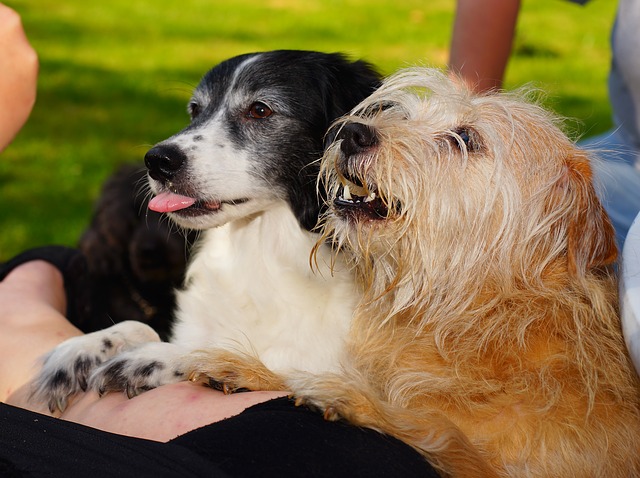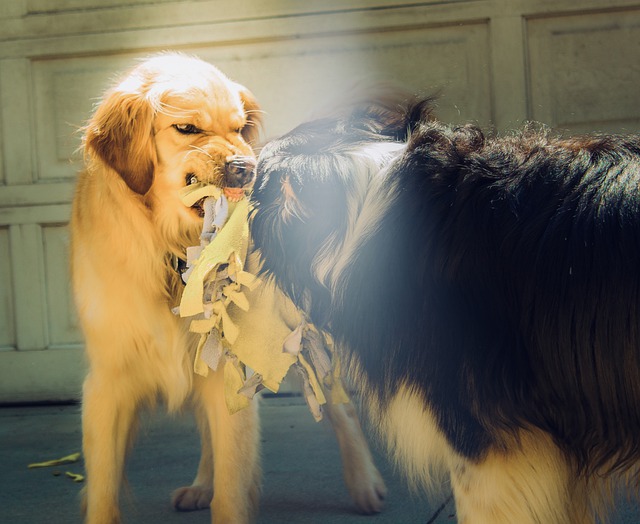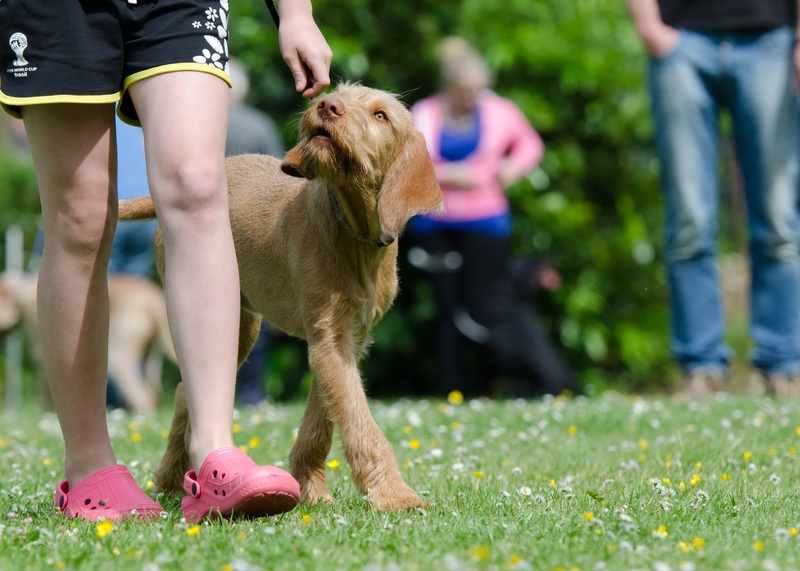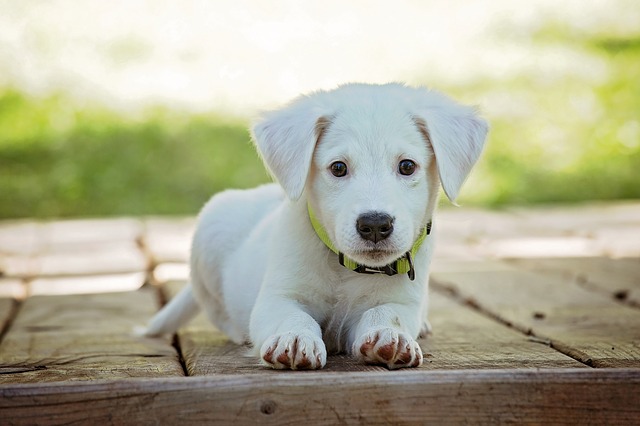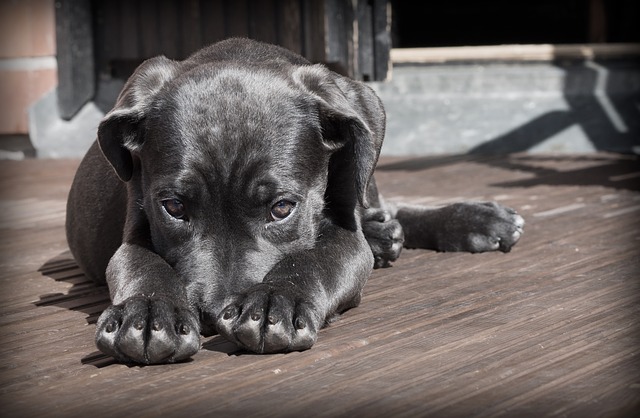Stop Your Dog From Begging
One of the most annoying bad habits that your dog can have is begging for food at the table when your family sits down to eat. Some dogs will sit there fairly quietly and just wait for scraps to fall while other dogs will bark at you until you give them some of your food. While we love to spoil our dogs and we are the ones that give them treats this is bad behavior that should never be encouraged. Feeding your pup from the table is never okay and it can confuse your dog, yes it is hard to say no to those cute little faces. Here are some tips for breaking this bad habit.
Never Feed From the Table
Feeding your dog from the table not only encourages bad behavior it is a sure fire way to ensure that you never again enjoy a meal in peace. Your dog doesn’t take long to learn that there is food nearby and they want some of it, they will keep coming back to anywhere they have been fed. Don’t do it yourself and make sure your kids don’t feed the dog from the table either. Yes, that may be easier said than done. Also some human food is very dangerous for your dog and your kids may give them some accidentally. You can feed your dog leftovers just do it from a bowl.
Train Your Dog
You want to train your dog to go to their place when you are eating, that could be their crate or their dog bed. Start by bringing them to their dog bed and saying bed, reinforce that with small treats. Once the dog gets up to leave say “No” very firmly and lead them back to their bed. You need to work your way up so that the dog will spend your meal time in their bed. Once they have this command down pat then they can stay there while your family enjoys your dinner.
Keep Them Amused
Have a toy handy that your dog loves to play with so that you can enjoy your meal. Keep repeating this behavior and they will associate the toy with your mealtime and they can keep themselves amused while you and your family can enjoy your meal in peace. Begging for food scraps is one of the most annoying dog behaviors but it is one that you can break with some discipline.

